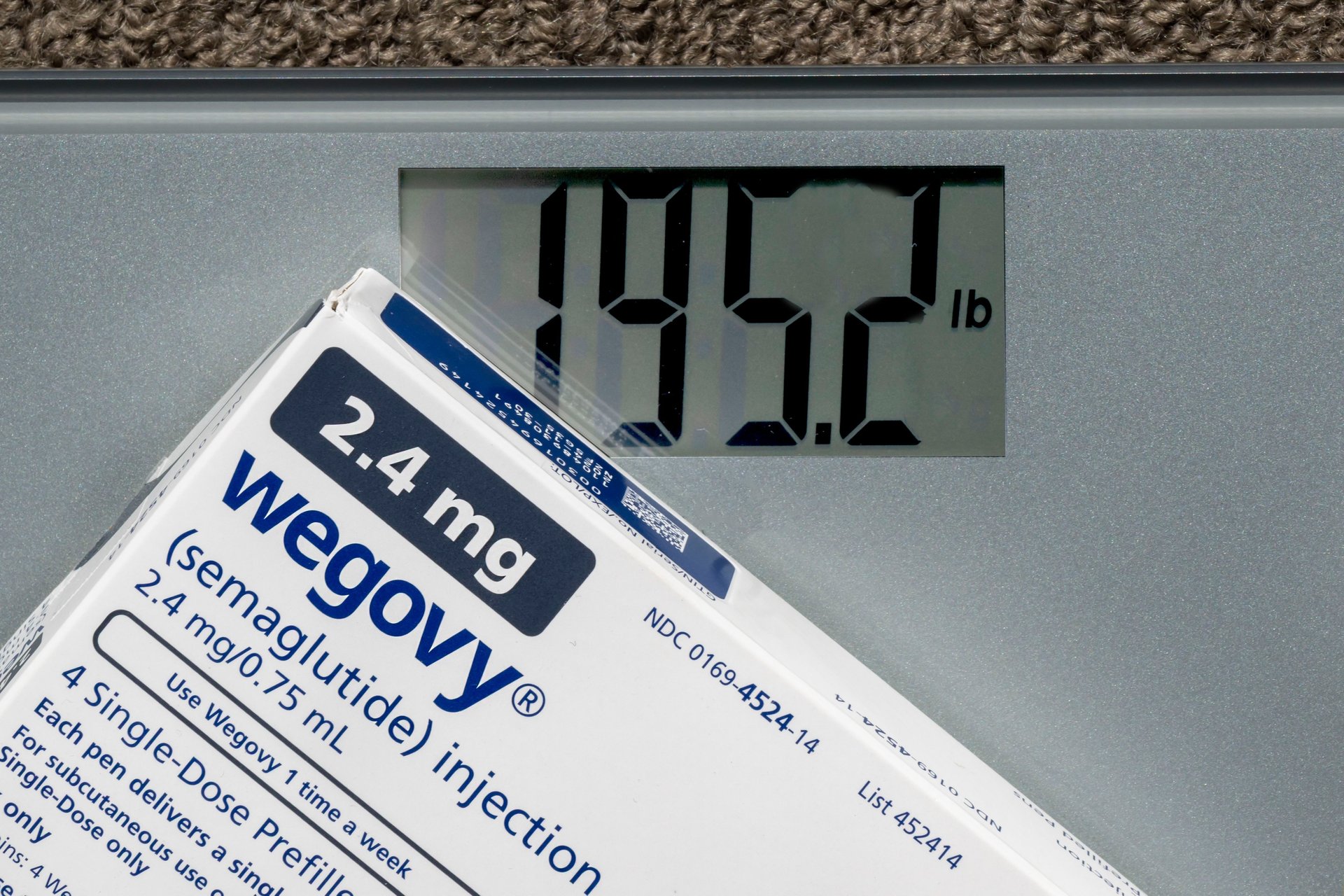
Michael Siluk/UCG/Universal Images Group via Getty Images
Some of the most popular (and expensive) weight-loss drugs could soon be covered by Medicare and Medicaid — at least for a few people — under a new experiment.
Suggested Reading
Documents obtained by The Washington Post show that the Trump administration is planning a five-year pilot program that would let state Medicaid programs and Medicare Part D drug plans choose to cover medications such as Ozempic, Wegovy, Mounjaro, and Zepbound for weight management.
Related Content
The program would reportedly start in April 2026 for Medicaid and January 2027 for Medicare. It will be run by the Center for Medicare and Medicaid Innovation (CMMI), which tests new ways to deliver and pay for care.
Why this matters
Until now, Medicare has covered these drugs mostly for people with Type 2 diabetes. Medicaid rules vary by state. A few private insurers already pay for them for a subset of people with obesity, but government programs generally haven’t.
This pilot is a big sign that Washington is warming up to the idea of covering these medications more widely — something advocates say could be life-changing for millions.
The price problem
GLP-1 drugs are expensive, costing $5,000 to $7,000 a year. Covering them for millions of people could cost Medicare around $35 billion between 2026 and 2034, according to Congress’s budget office.
These medicines — including Ozempic and Wegovy — work by mimicking a hormone that helps people feel full, eat less, and lose weight. But most patients need to stay on them indefinitely to keep the weight off.
Not everyone’s convinced
Even inside the Trump administration, there are mixed opinions.
- CMS head Mehmet Oz has praised the drugs as “a big help” and promoted them on his old TV show.
- HHS Secretary Robert F. Kennedy Jr. has been more skeptical, warning about costs and urging people not to skip diet and exercise.
Influential fitness experts like Jillian Michaels have also questioned whether these drugs create lasting changes — or just temporary weight loss.
How it would work
Plans that opt in to the pilot will have to cover the medications and provide lifestyle coaching for people using them. A new drug, Orforglipron, would also be included if it’s approved in 2026.
